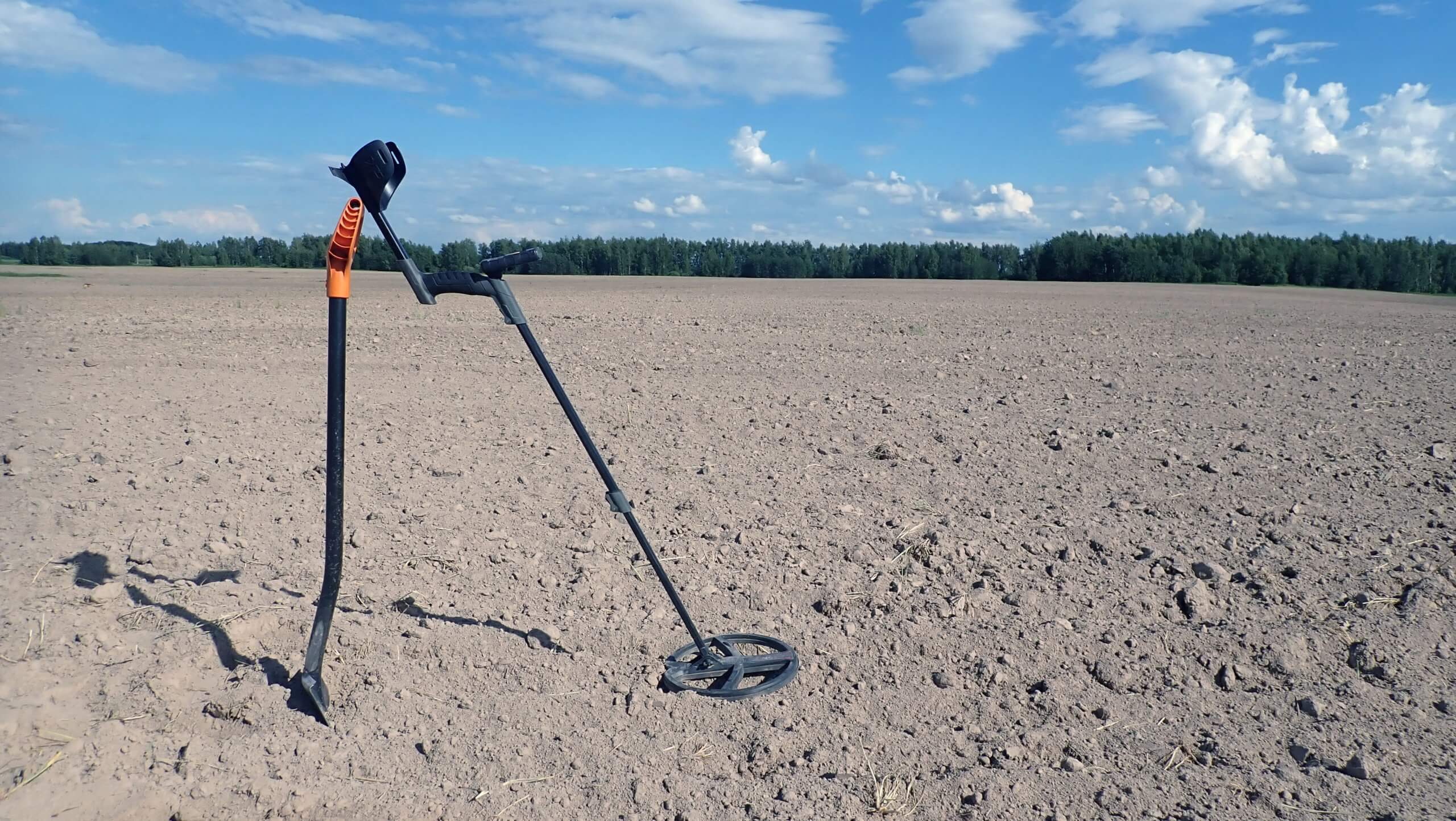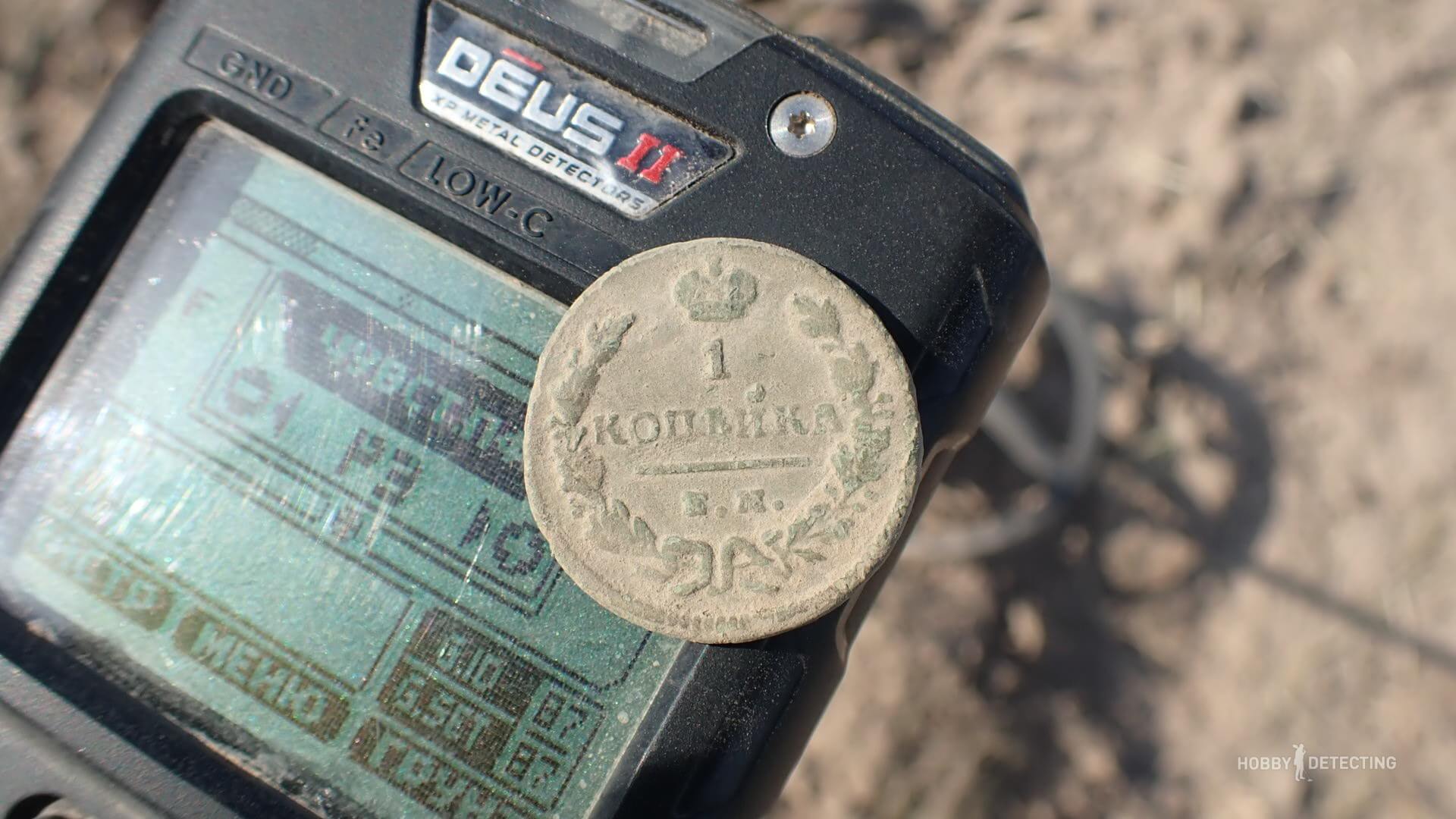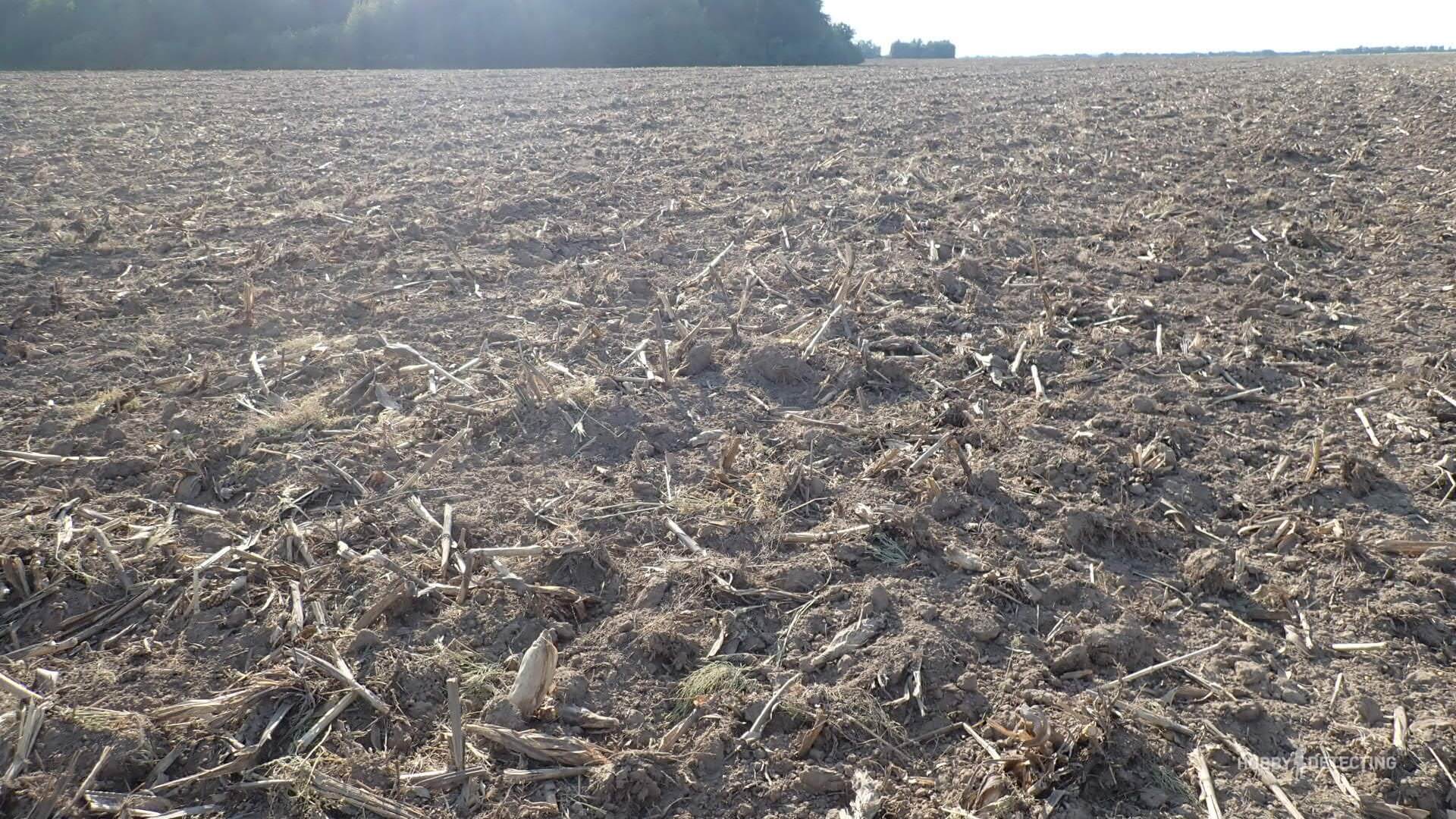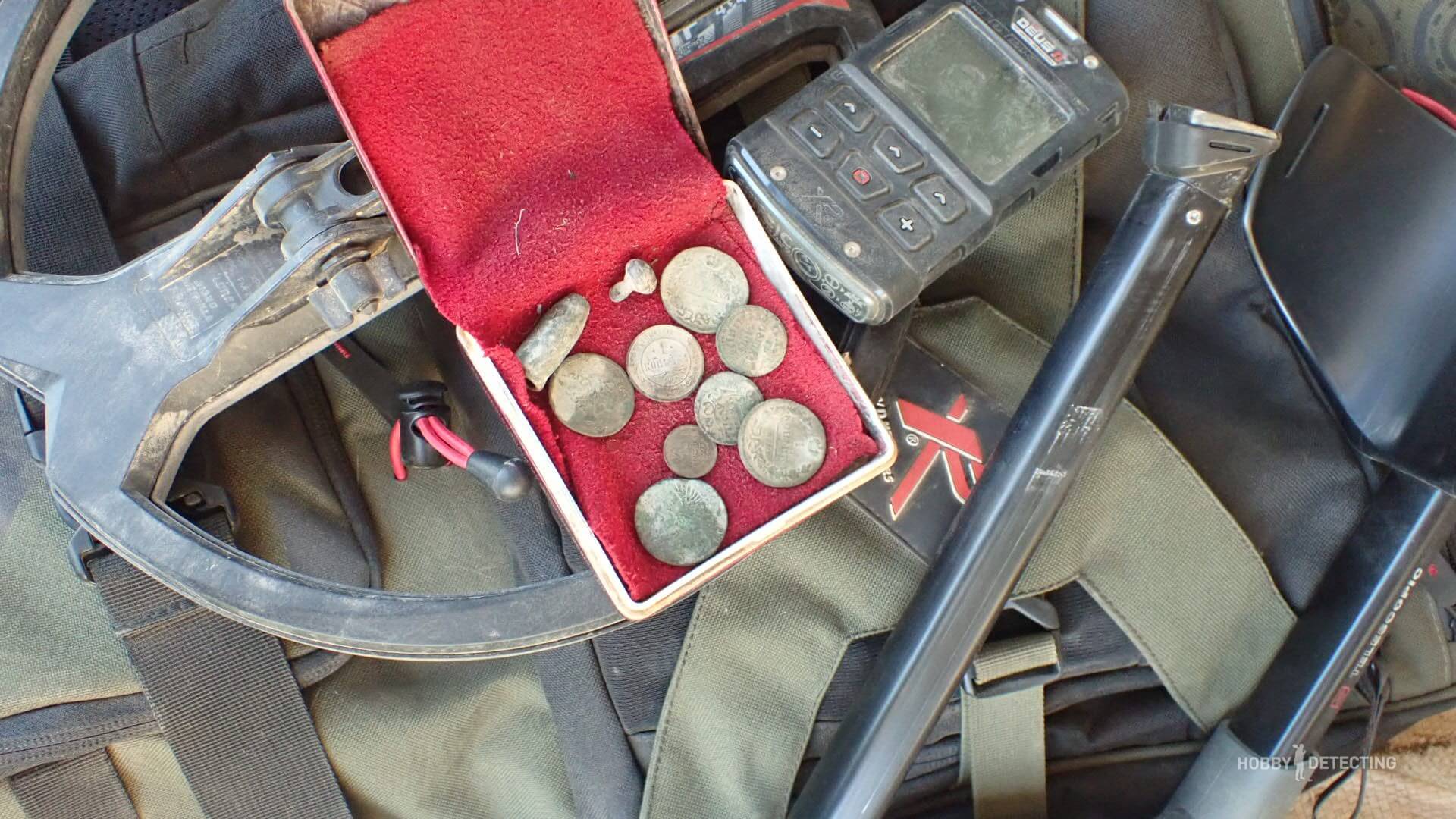Where is it good and comfortable to dig for coins in the middle of summer?
Spring has long passed, the grass is waist-deep and most lovers of instrument search can only look with sadness at the earing agricultural fields or the outskirts of ancient villages overgrown with weeds. Going into the forest, looking for villages, is a complex science and not everyone brings true pleasure. Stuffiness, mosquitoes, windbreaks and the constant feeling that the hungry eyes of animals are looking at you from the thicket, which perceive humans as a lower level of the food chain.
So, where should a true lover of instrument search go in the middle of summer?
I think the answer is obvious! To the plowed fields. Yes, yes, I’m not mocking or joking, specifically about the plowed fields.

What fields are plowed in summer?
First of all, you need to look for fields that have been left as pairs. Central Russia is characterized by a land cultivation system called three-field. This is when the full cycle of agricultural land turnover is three years. In the first year, winter crops are sown, in the second year, spring crops, and in the third year, the field rests under fallow. And during this period, the field is regularly disced (hulled) throughout the summer so that it does not become overgrown with weeds, and the weed does not pump out useful microelements from the soil.

In fact, a third of all arable land in the summer should be fallow. However, this is not always the case. Recently, in our country, Canadian sowing technology has begun to be used. This is when, instead of summer fallow plowing, the field is sown with rapeseed and actively covered with fertilizers. In this case, you will not be able to dig for coins in the field you need, even before the sowing season. Since modern seeders sow grain directly into the stubble from the previous harvest. I've seen this myself many times.

And yet, there are also pleasant moments for us, lovers of instrument search. For example, when a field is plowed and disced in the summer, because the winter crops in that field have grown very poorly. Just the other day I went on business to another village and on the way I saw that it was a very, I repeat, a very interesting field, along the edge of which flows a river whose name appears more than once in ancient chronicles. So, this field was not just plowed, but also finely tilled.

Another example of a good field in which now, in our area, you can dig for coins for pleasure, is one corn field. This is a good place, last year they planted corn there and they weren’t able to harvest that same corn before winter. As a result, the corn stalks dried out, overwintered, and only at the beginning of July the owner of the field found the time and money to plant that corn along with the unharvested, and essentially lost, harvest.

As soon as I found out that this field had been husked, I literally immediately went there to dig for coins.
But that's a completely different story.


